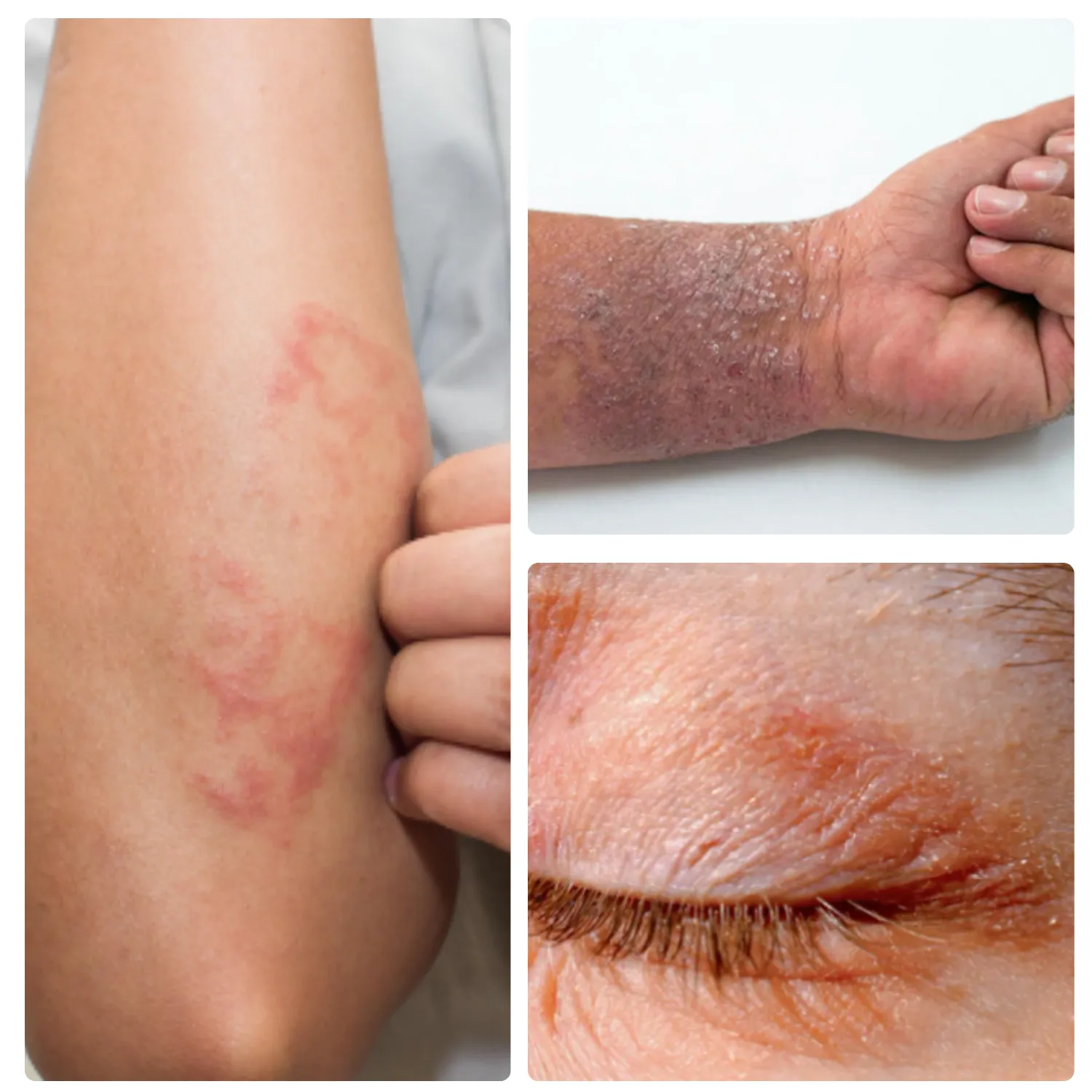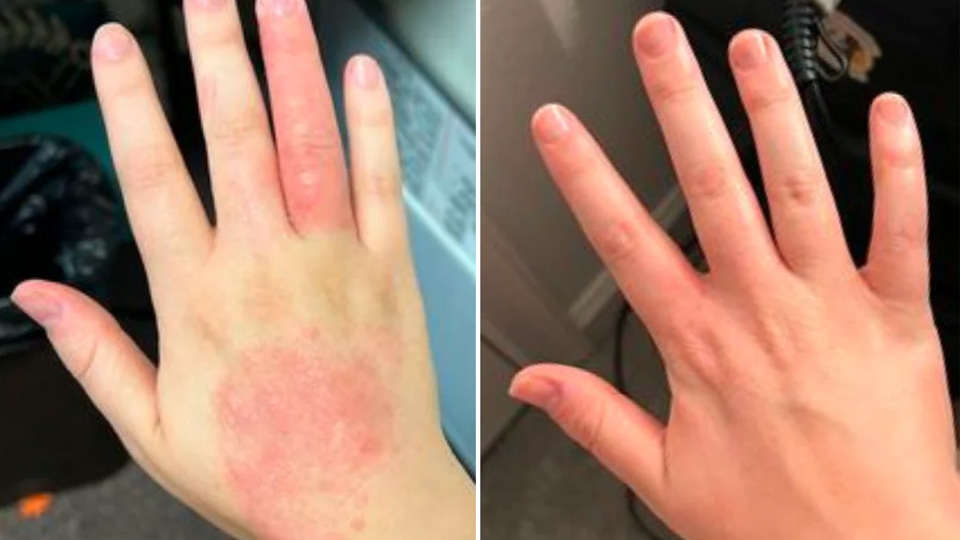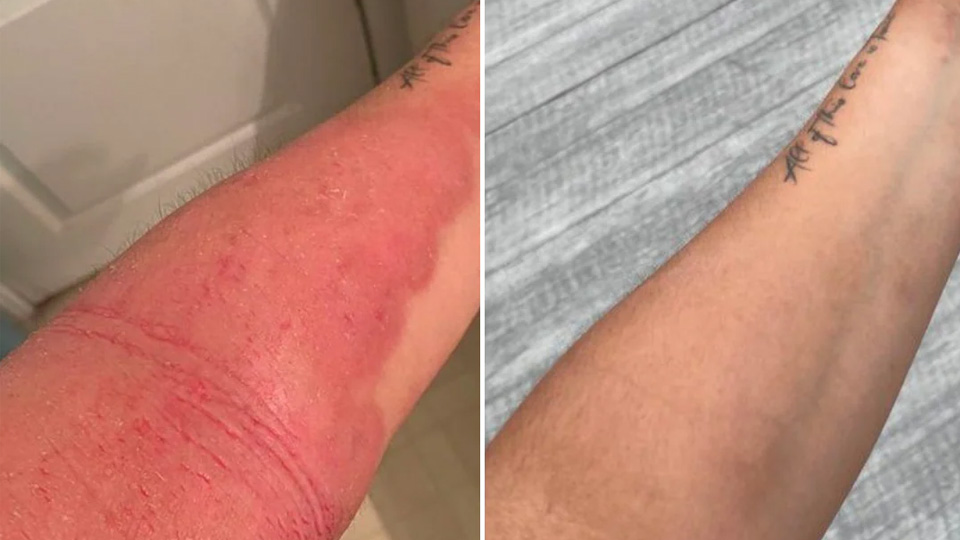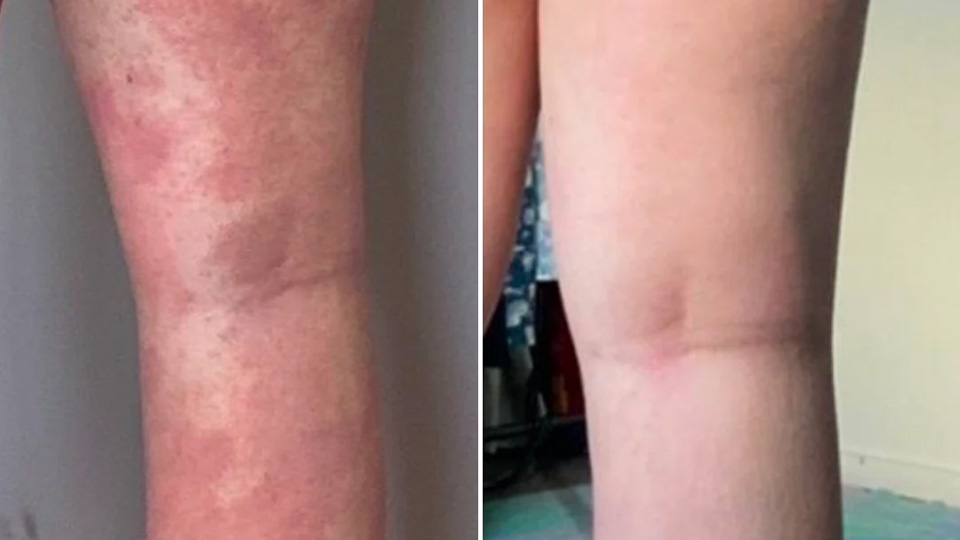Join 1000s Who Trust DermOnDemand


“The itching and redness have reduced significantly — such a relief.”
Meaghan

"My amazing results after just two weeks of using Grahams Natural. Now I'm flare up free."
Ricki

“My skin looks healthier, and flare-ups are much less frequent now.”
Tamara

"Within just a few days I started to notice the difference, and within a few weeks it was gone."
Billy

“My skin feels calmer, smoother, and far less irritated than before.”
Katie

Quickly share your skin concerns by answering a few questions and uploading photos—it takes just 5 minutes.

Our dermatology team will carefully review your information, diagnose your condition, and create a tailored plan within 24 hours.

Your customized plan will be sent directly to you, and prescriptions (if needed) will go straight to your pharmacy.